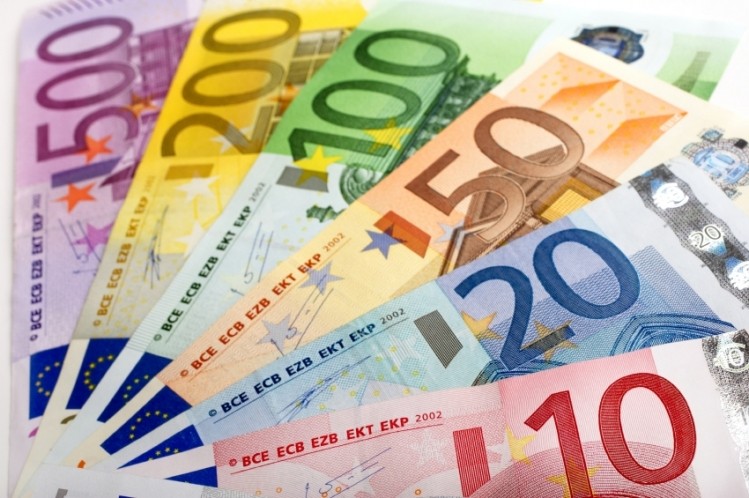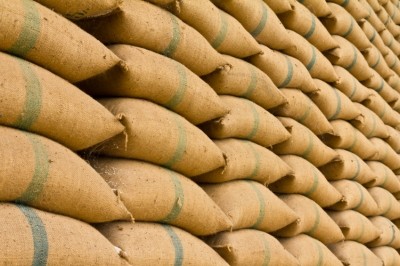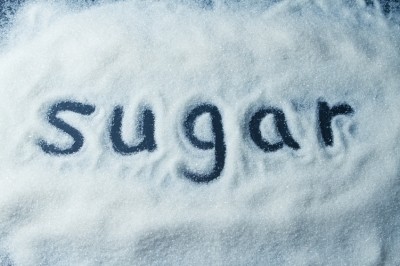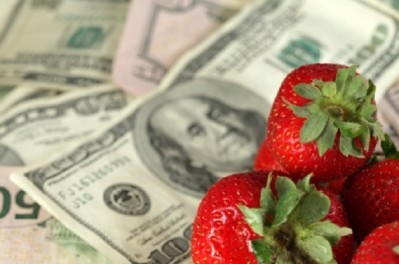Food prices slump after stability: FAO

The UN Food and Agricultural Organisation (FAO) monthly Food Price Index fell by 1.7% in December, cause primarily by a dip in the price of sugar and palm oil.
According to the FAO, continued large supplies and record stocks combined with a stronger US dollar and falling oil prices also contributed to the decline.
The December Food Price Index averaged 188.6 points, a drop of 1.7% from November, led down by sugar and palm oil.
According to the latest data, all categorioes except meat fell between November 2014 and December 2014 – with a depressed demand for palm oil leading to vegetable oil prices hitting a five-year low of 161 points, and slowing imports from China and Russia leading to dairy prices hitting the lowest level since late 2009.
Lower crude oil prices also spelled trouble for price trends of commodities that can be used for biofuels - notably sugar and palm oil, which has the largest weight inside the vegetable oils index.
"Ample supplies aside, the drop in oil prices obviously makes ethanol production less attractive” said FAO senior economist Abdolreza Abbassian.
Annual declines
Looking at data for the whole of 2014, the Food Price Index averaged 202 points, down 3.7% from 2013 - marking the third consecutive annual decline, said the FAO.
This year-on-year drop came despite the FAO's sub-index for meat rising to an all-time high annual average of 199 points, up 8.1% from 2013. Cereals, by contrast, dropped 12.5% from the previous year.
Indeed, on a full-year basis meat prices were the only commodity group to post higher average prices over the year.
Monthly update
Looking at the specific sub-indexes from last month, the FAO data shows that cereal prices were fairly stable, up 0.4% as wheat prices rose on the back of worries that Russia may restrict exports. However, rice prices fell markedly amid abundant export supplies.
Vegetable oil prices saw a decline of 2.4%, hitting a five-year low, due mainly to depressed demand for palm oil as a biodiesel feedstock, itself linked to falling global oil prices.
Meanwhile dairy prices fell by 2.3% to 174 points, its lowest level since late 2009, as slowing imports by China and Russia left abundant export supplies for international markets.
Price declines were greatest for milk powders, butter and cheese, said the FAO.
Sugar prices slipped by 4.8% to 219 points, largely because of ample supplies in major producing countries such as Brazil, while falling crude oil prices, which reduce demand for sugar crops to be converted into ethanol, also played a role.

























